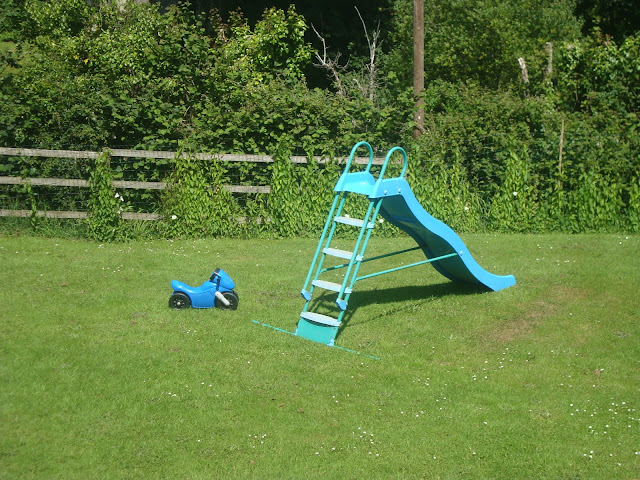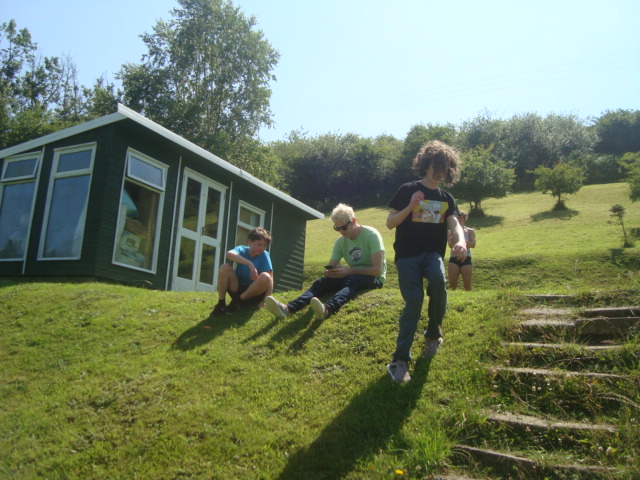Tuesday, 30 June 2020
Dedh Cans Pajar Ügens ha Dew
Monday, 29 June 2020
Dedh Cans Pajar Ügens ha Wonan
Sunday, 28 June 2020
Dedh Cans ha Pajar Ügens
Saturday, 27 June 2020
Dedh Cans Trei Ügens ha Nawnjek
Friday, 26 June 2020
Dedh Cans Trei Ügens hag Etek
Thursday, 25 June 2020
Dedh Cans Trei Ügens ha Seytek
Wednesday, 24 June 2020
Dedh Cans Trei Ügens ha Whetek
Thera nei en diberthva, bes pandr'eus môy moredhek avel gwaryellow flehes heb flehes? My a veu nebes hirethek ow honan de, drefen bos radn ow theylû war an treth ha res veu dhebm gòrtos tre. Anjei ow pur lowen e'n spladnder an howl. An dhew veppik a gar kerdhes war dreth warbarth. Bettegens, môy lowen o vy hedhyw. Thera omweloryon dhen. Anjei a dheuth dhe wary e'n lowarth, gen ombellheans cowethasek, heb mar. Bes re dòbm o an gewer, ha nag era keuj lowr, etho res veu dhodhans mos kerr arta wòja pols bian.
We are in isolation, but what is there more solitary than a children's playthings without children? I was a bit melancholic yesterday, because some of my family were on the beach and I had to stay at home. They were very happy in the sunshine. The two little boys love walking on sand together. However, I am happier today. We had some visitors. They came to play in the garden, with social distancing, of course. But the weather was too hot, and there wasn't enough shade, so they had to go away again after a short while.
Deg ger rag hedhyw: Ten words for today
bettegens however, nevertheless
diberthva (f) isolation, separation
gòrtos tre to stay at home
gwaryel (f) plaything
heb mar of course, naturally
hirethek melancholic, sad, etc.
meppik (m) little boy < mab (+ diminutive ending)
moredhek gloomy, joyless, miserable, etc.
ombellheans cowethasek (m) social distancing
pols bian short while





































